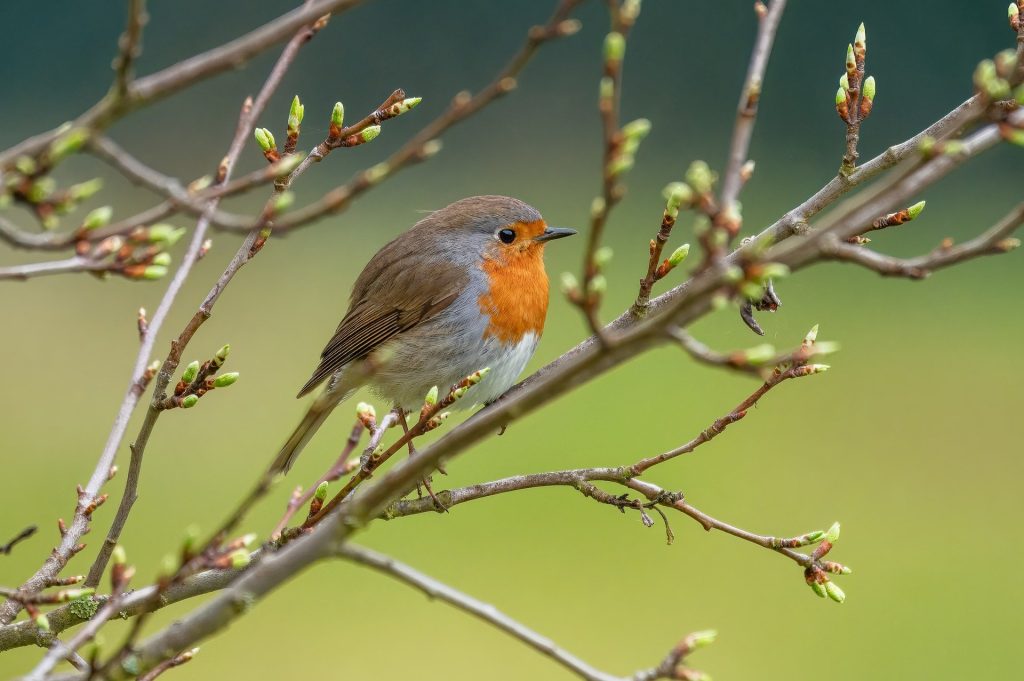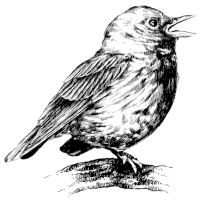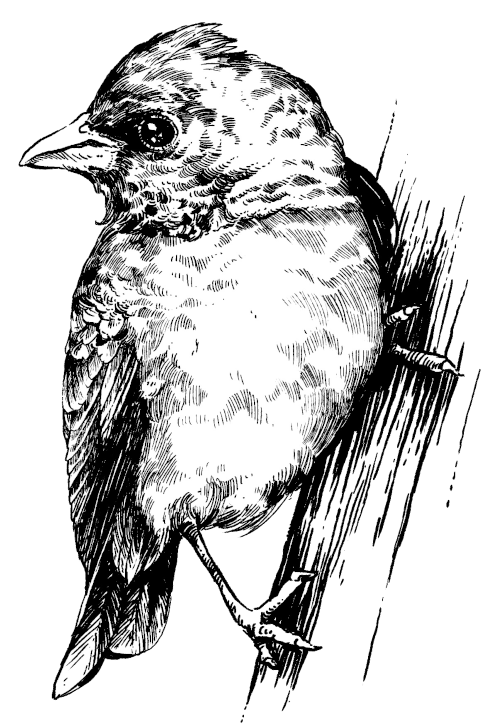Feeding birds is a beautiful way to support wild avifauna, especially during winter. However, not all food that seems suitable for them is safe. Improper feeding can do more harm than good. It is worth knowing what to avoid in order to help birds wisely and responsibly.
Feeding birds with bread? No!
Bread is the most common food given to birds, especially in parks and housing estates. Unfortunately, it is one of the worst choices. Bread absorbs water quickly and does not provide birds with the nutrients they need; in fact, it 'clogs' their stomachs, making it difficult to digest real food. Moist crumbs easily go mouldy, which can lead to gastrointestinal disease and even blockage. In water birds, e.g. ducks or swans, feeding bread can cause a dangerous disease called 'angel wing', preventing them from flying. Therefore, bread should absolutely be excluded from the bird menu.
Salted and processed products - a silent threat
Salt is toxic to birds. Even the small amount of salt contained in salted nuts, chips or pork fat can lead to dehydration, kidney damage and cardiovascular failure. Birds cannot digest salt and access to water is limited in winter, compounding the negative effects. Similarly, processed products containing salt, spices and preservatives are dangerous for birds and can lead to poisoning. Therefore, avoid feeding birds any salted, processed or seasoned products.
Raw grains and groats that swell in the digestive tract
Some grains, such as raw rice or uncooked groats, swell when exposed to moisture in the birds' digestive tract. This can cause serious digestive problems and even death. Birds do not have the enzymes to digest these types of seeds, so feeding them in this form is risky. It is better to choose specialised seed mixtures that are safe and adapted to the needs of the birds.
Spoiled and mouldy food - toxic to birds

Mouldy or rotting food is deadly for birds, as it is for many other animals. Moulds produce mycotoxins that poison the birds' bodies, leading to serious illness and death. Food residues left in the feeder can also encourage the growth of bacteria and parasites. Therefore, feeders should be cleaned regularly and only fresh, dry food should be fed.
Milk and dairy products - not for the birds
Birds do not digest lactose, so milk and dairy products can cause them digestive problems such as diarrhoea. What for us is a delicate and nutritious food, for winged friends can be harmful. For this reason, milk and cheese should absolutely be excluded from their diet.
Low quality fats - avoid margarine and artificial fats
Fats are an important source of energy for birds in winter, but only natural ones such as lard or beef tallow. Margarine, hydrogenated vegetable fats and other artificial products contain fillers and trans-fats that are harmful to bird health. It is advisable to choose natural sources of fat and keep them fresh.
Leftover food from our tables - this must not be fed to the birds
Spiced, fried, salted or preservative-laden food is dangerous for winged creatures. Feeding mouldy bread or leftovers from dinners to birds is not a good idea. Even cooked or canned vegetables are not suitable food for birds. Their consumption can lead to poisoning and other health problems. Bird feeding should be based on natural products that are suitable for birds, such as linseed, and not on waste from our meals.
What do you feed the birds and how?
What to feed the birds?
- Seeds and grains: sunflower, maize, millet, wheat, oats, sesame, linseed
- Nuts (unsalted) and dried fruit (e.g. sultanas, dates, apricots)
- Cooked vegetables: carrots, peas, broccoli (without salt!) - for waterfowl
- Oat flakes and special fat and seed mixes (e.g. 'winter balls' made from fat and grains)
- Unsalted lard and tallow, but replaced regularly so it does not go rancid
- Dry food in the form of seed mixtures fed into feeders or on a dry spot
- Fresh, clean water available in drinkers
What not to feed the birds?
- Bread and bakery products - do not provide nutritional value, can cause disease
- Salted products: salted nuts, salted pork fat, salted bread - salt is toxic for birds
- Processed, smoked, sweetened or spiced products - can lead to poisoning and disease
- Raw grains and groats that swell in the digestive tract (e.g. raw rice, uncooked groats)
- Spoiled, mouldy or rotting food - mould and bacteria are deadly
- Milk and dairy products - birds do not digest lactose and may have digestive problems
- Leftovers of food from the human table, especially fatty, salty and spiced foods
Feeding of wild birds should only begin when weather conditions make it difficult for birds to obtain natural food, i.e. during periods of severe frost and snowfall. Feeding should not be done all year round, as this can disrupt natural bird instincts, such as migration. The food should be fresh, dry and given in small amounts so that it does not become lodged and mouldy. The feeder must be cleaned regularly and placed in a safe place to protect the birds from predators and collisions.
Feeding birds is a beautiful way to help when temperatures drop below freezing, but it requires awareness and responsibility. By avoiding giving bread, salted products, raw grains, mouldy food or leftovers from our tables, we can realistically support birds and help them survive the difficult winter months without harming their health. Feed the birds cereal grains, sunflower seeds, plant fruit bushes.
Feeding water birds: Ducks and swans must not be fed with bread! Feed the birds with special grain mixtures or hang fat balls. Do not feed the birds all year round - birds get used to places with access to food.


